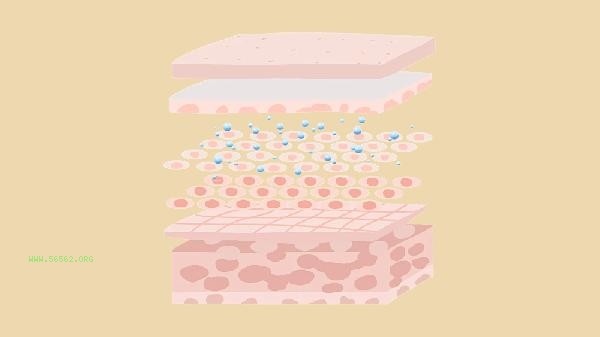Dissolving hyaluronic acid with lytic enzymes may result in mild side effects, including local redness, bruising, allergic reactions, risk of infection, and nodule formation. Most symptoms can self alleviate in the short term, and the incidence of serious complications is less than 1%.

1. Local redness and swelling:
Temporary redness and swelling at the injection site is the most common reaction, usually related to injection stimulation or drug diffusion. Redness and swelling usually subside within 24-48 hours, and cold compress can accelerate the relief. If fever persists for more than 72 hours, seek medical attention to rule out infection.
2. Formation of bruising:
Damage to capillaries can lead to subcutaneous bruising, especially in individuals with poor coagulation function or those taking anticoagulant drugs. Bruises usually absorb naturally within 7-10 days, and early compression to stop bleeding and later hot compress can help dissipate them. Avoiding the use of aspirin one week before surgery can reduce the risk.
3. Allergic reactions:
A small number of people who are allergic to enzyme preparations may experience rash, itching, and even anaphylactic shock. Preoperative skin test can screen for allergic constitution. If urticaria occurs, antihistamines should be used immediately, and in severe cases, adrenaline rescue is needed. Individuals with a history of protein allergy should avoid using it.
4. Infection risk:
Improper operation may lead to bacterial infection, manifested as persistent pain, suppuration, or fever. Strict disinfection procedures can prevent it, and antibiotics are needed for treatment if it occurs. The infection probability of diabetes patients and people with low immunity increased 3-5 times.
5. Nodule induration:
Uneven mixing of residual hyaluronic acid and lytic enzymes may form temporary induration, which is more common in fillers with high crosslinking degree. Most of them soften on their own within 2-3 weeks, and massage or a second injection can accelerate decomposition. Ultrasound examination can distinguish whether granulomas are present.
Avoid vigorous exercise and high temperature environment within 24 hours after surgery to prevent vascular dilation from aggravating swelling. It is recommended to consume foods rich in vitamin K, such as spinach and broccoli, to promote blood clotting and supplement with vitamin C to enhance capillary toughness. Avoid facial beauty treatments within two weeks and regularly follow up to observe recovery. If severe symptoms such as persistent pain and skin necrosis occur, immediate attention should be given to the emergency department of plastic surgery. Do not self medicate with anti-inflammatory drugs to mask the condition. Choosing a reputable medical institution with emergency qualifications can reduce the risk of serious complications by over 90%.









Comments (0)
Leave a Comment
No comments yet
Be the first to share your thoughts!